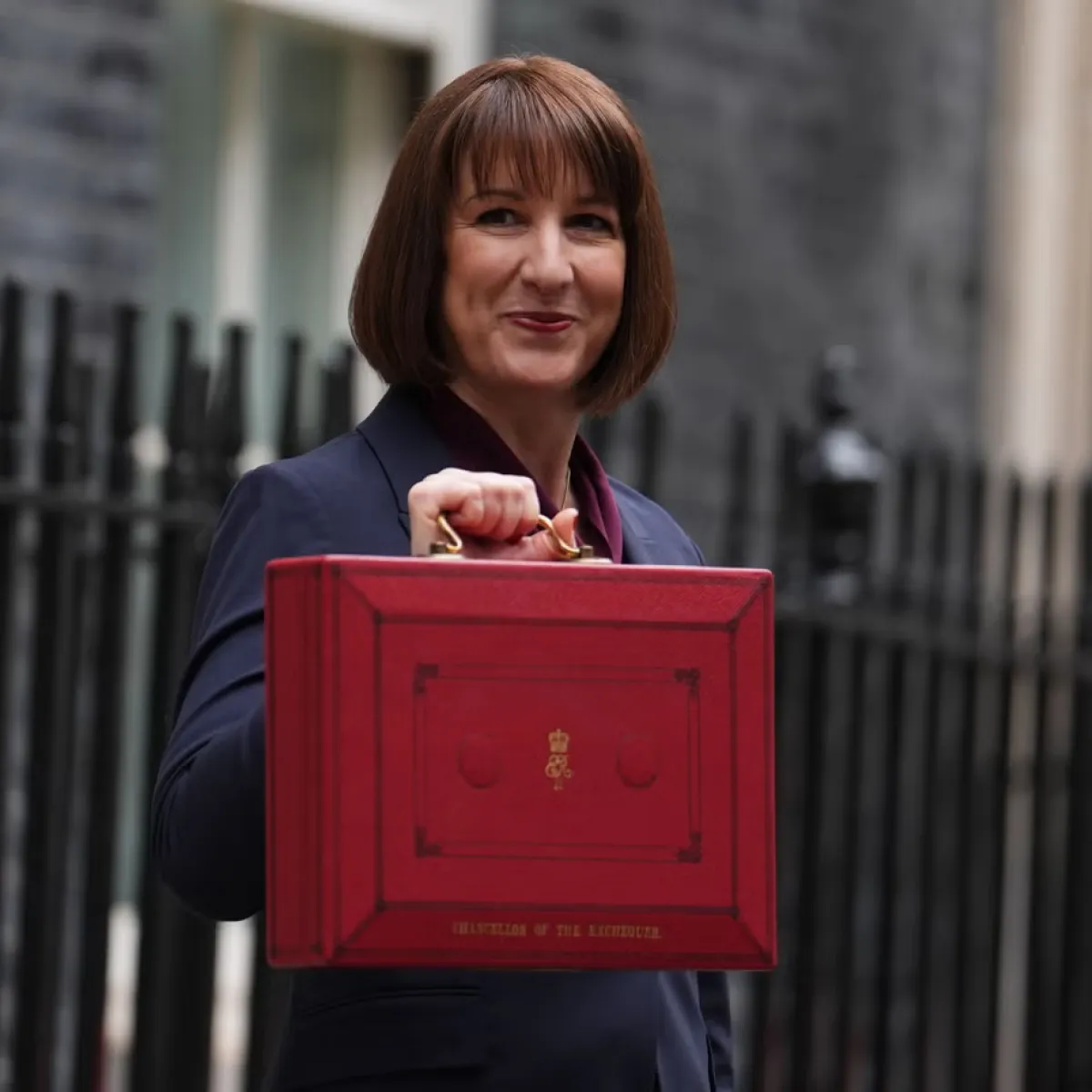This website uses cookies. Learn more

Imogen Naldrett, Public Affairs consultant at Lansons, examines Labour’s manifesto published this week, and asks whether the dual ambitions of green finance and economic growth are mutually exclusive.

This week, the general election campaign saw the main parties publish their election manifestos – one of their final opportunities to appeal to the electorate - and set out their blueprint for what they would do should they get into government. They are a serious indication of each party’s priorities, policy ambitions and funding pledges.
Much comparison has been drawn between Labour’s and the Conservatives’, but what was notable was the distinct lack of surprise from Sir Keir Starmer. Almost all of the policy pledges had already been announced, with the Party’s ‘Financing Growth: Labour’s Plan for Financial Services’, published back in January, encompassing their vision for the sector 6 months before it was reiterated in the broader manifesto. And while Starmer emphasised during the manifesto launch on Thursday that this is because Britain needs stability rather than pantomime –a jibe at Nigel Farage’s campaign in Clacton – it also benefits Starmer himself; pre-trailing policy and limiting unwelcome shocks will only increase the Party’s appeal to voters and businesses, and reflects his approach to arriving on the steps of Downing Street on July 5th unscathed.
What is yet to be revealed, however, are the practical workings of how a Labour government will deliver its central dual ambitions of making the UK a capital of green finance and delivering increasing investment and economic growth – and how the two will interact with each other. There has been discussion in recent years about whether the Government’s joint aims to decarbonise the UK’s major sectors while growing them and attracting increasing investment are mutually exclusive. But with an increasing number of major companies choosing to delist from the London Stock Exchange in favour of the US, and company bosses warning that the UK faces an “existential crisis” as a result, the Conservatives have been wary about the regulations and burdens imposed on the financial services companies so central to the UK’s economic performance.
And Labour could face the same challenge.
They are conscious in their manifesto about the critical role that FS will play in economic growth, describing the sector as “one of Britain’s greatest success stories”. But while wealth creation is the driving force behind the manifesto, Labour has also pledged to ensure the “institutional framework for policy making reflects our commitments to reach net zero and meet our carbon budgets”. This is particularly stringent for the FS sector, where Labour’s manifesto committed to putting due consideration to climate change into the Bank of England’s remit, as well as mandating UK-regulated financial institutions – including banks, asset managers, pension funds, and insurers – and FTSE 100 companies to develop and implement credible transition plans that align with the 1.5°C goal of the Paris Agreement.
This isn’t necessarily unique – it echoes a similar manifesto pledge from the Liberal Democrats to regulate financial services to encourage climate-friendly investments, including to require pensions funds and managers to demonstrate compliance with the Paris Agreement, and creating new powers for regulators to act if banks and other investors are not managing climate risks properly. And there are already some climate reporting requirements in place for pension schemes under the Occupational Pension Schemes (Climate Change Governance and Reporting) Regulations 2021. Since 2019, the Prudential Regulation Authority (PRA) has asked banks, building societies and insurers to have risk management arrangements in place to mitigate climate-related financial risks, while both the PRA and the Financial Conduct Authority (FCA) have asked Boards at regulated firms to be responsible for overseeing how their firms manage climate-related financial risks. But in January last year, an independent review entitled ‘Mission Zero’ found that the Government was not on track to reach its legally-binding target of net zero carbon emission across the economy by 2050 – of which FS is a crucial part.
As such, the Labour Party has gone further in its manifesto than proposals put forward by other parties, but it raises significant questions about what this will look like in practice, what it will mean for those FS institutions affected in terms of enforcement and regulation, and how it can be implemented while remaining competitive against other global markets. While we know that Labour wants to be the ‘greenest government ever’, they do not want – and cannot afford for – it to come at the expense of growth.
Successful implementation is likely to require significantly increased mandates for the financial regulators.
In the manifesto, Labour acknowledged that regulators are currently “ill-equipped to deal with the dramatic development of new technologies” and pledged to create a new Regulatory Innovation Office to help update regulation, speed up approval timelines and co-ordinate issues that span existing boundaries, such as decarbonisation and finance. They have also committed to working with the sector and data providers to evaluate a potential model for tracking green finance flows to enhance the availability, consistency and reliability of sustainability related data, which it hopes will help attract investment to the UK to finance the net zero transition. They argue that having better data will “enable a future government to track investment in the UK’s net zero transition, identify key sectors where there is underinvestment in relation to sectoral roadmaps, monitor green finance which transacts through London, and track the growth of the UK green economy.”
But, of course, there are those who say none of this goes far enough.
The New Economics Foundation argues that there are areas of Labour’s Financial Services Plan where their approach falls far short of what is required to achieve the net zero transition. They argue that to genuinely shift the dial on green finance, a Labour government would also need to level up the UK’s state-owned financial institutions, such as the UK Infrastructure Bank (UKIB) and the British Business Bank (BBB), none of which will be done cheaply.
So despite the fact that none of Labour’s manifesto was unexpected, it does not mean that everything has been spelled out in full. The practical intricacies above still need to be worked out fully, and at the moment have the potential to raise more questions than they answer.
If we do indeed have a Labour majority government from 5th July, they will need to walk a very thin line between successful enforcement while remaining attractive to international investors - all the while hoping both can be achieved with little to no additional spend.
**
Want to understand what a Labour government will mean for your organisation, and industry?
We're hosting Labour workshops with policy experts to help organisations, brands and associations better understand the upcoming landscape, opportunities and challenges posed to them under a possible Labour Government. To find out more, get in touch with our team.
Stay in the loop with our experts




New Business: to find out how we can help you, contact our dedicated new businesss team consultancy@lansons.com
Careers: we’d love to hear from you, please visit our careers hub











